#cecily neville
Text


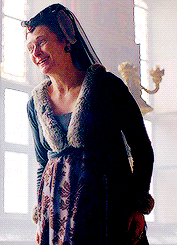

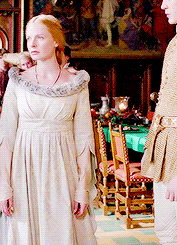
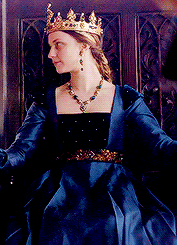

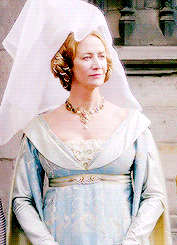

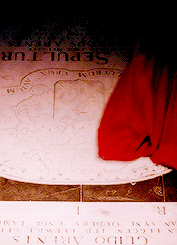

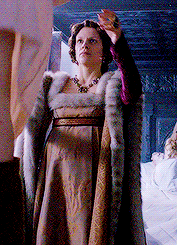


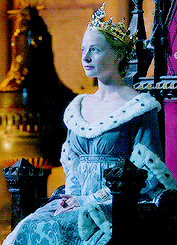

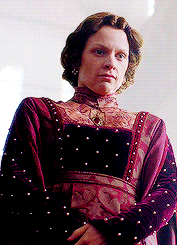

THE WHITE QUEEN 10 YEAR ANNIVERSARY WEEK | Day 7 (August 20): Free Day → Favorite Costumes
#the white queen#twqedit#perioddramaedit#twq10#elizabeth woodville#Margaret Beaufort#Margaret of Anjou#Anne Beauchamp#Anne Neville#Cecily Neville#Elizabeth of York#Lady Sutcliffe#costume edits#my edits
426 notes
·
View notes
Text
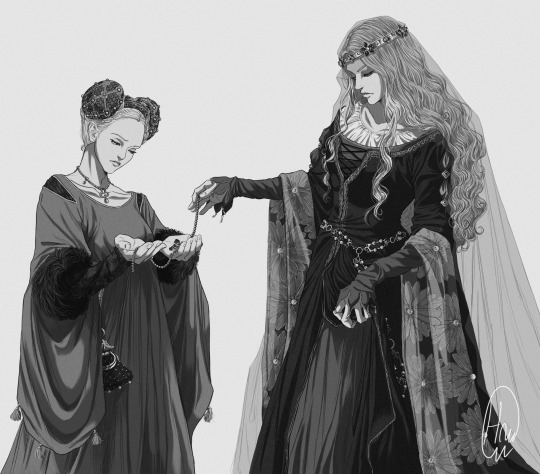
Book illustration - Anne & Cecily Neville.
There's not much difference between a woman and a caged bear cub. We are prisoners in our own marriage, Cecily.
#the wars of the roses#15th century#middle ages#medieval#medieval fashion#illustration#sketch#drawing#art#edward iv#elizabeth woodville#cecily neville#richard duke of york#anne countess of stafford#henry vi#humphrey duke of gloucester#john duke of bedford#catherine of valois#elizabeth of york#artists on tumblr#character design#english history#the white queen#the white princess#book writting#medieval costume#house of york#house of lancaster
91 notes
·
View notes
Text
something I find especially entertaining about Edward IV's reign is how Scandalous™ it was lol
he married a woman “whose origins broke all established conventions for English queenship” in a secret ceremony without consulting any of his lords and then made it everyone else's problem. he committed regicide, he committed fratricide; he was accused of bastardry, he was accused of bigamy and a 19-year-long sham marriage, he was accused of using necromancy against his subjects, he was accused of being enchanted by witchcraft by both his wife and his mother-in-law (multiple times). his own mother was said to "rule the king as she pleased" in the early years of his reign. he knew he was hot and actively milked it for money. he was vain as fuck: “he was wont to show himself to those who wished to watch him, and he seized any opportunity that the occasion offered of revealing his fine stature to onlookers”. he knew everything about everyone. "he was more favourable than other princes to foreigners". he was “fond of boon companionship, vanities, debauchery, extravagance and sensual enjoyments”; he was "thought to have indulged in his passions and desires too intemperately”; "it was ever feared he was not chaste”. his subjects publicly gossiped about his sex life, his doctors thought he was insane. NOBODY understood how he was still competent despite all this.
honestly, who was doing it like him?
#(the quote is by J.L. Laynesmith)#Edward IV#my post#the original post was written as a drunken shitpost but it's still 100% true#henry viii could NEVER. Even Humphrey of Gloucester pales in comparison I'm sorry to say#(EW was also accused of controlling both Edward and the country but I don't want to get into the propaganda against her right now - however#true or false it may have been in reality - so I didn't include it. HOWEVER it's absolutely true that Edward gave her a great deal of#unconventional authority by appointing her in royal councils for the heir and spare in her own right during her tenure as queen. So there#was an existing basis for the accusations against her even though they were obviously ultimately extremely unfair and prejudiced#and meant to denigrate her)#Elizabeth Woodville#Cecily Neville#english history#its kinda funny how historians often emphasize his womanizing (which very obviously happened tho it's difficult to say to what extent) when#talking about his over-the-top lifestyle. But as we can see: Croyland - who was best-placed to know - emphasizes a wider variety of things#that worried/scandalized his contemporaries. Edward sleeping around was just one of many (and the last on Croyland's list)#I don't necessarily think it should be highlighted as much as it is#(also funnily enough 'sensual enjoyments' was also used to describe *Richard III* on his northern progress during his reign lol)
102 notes
·
View notes
Text


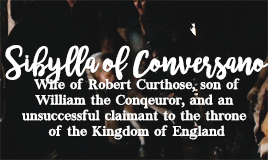

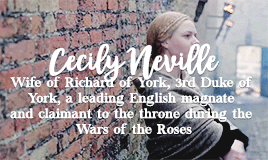
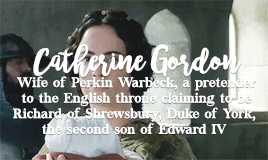




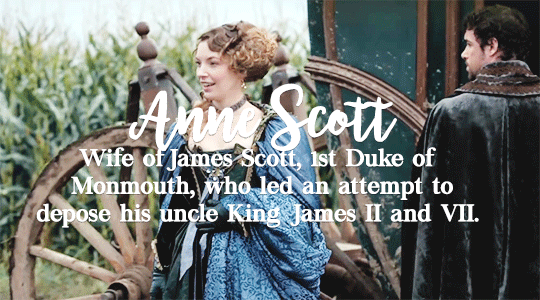
spouses of claimants to the english throne
#historyedit#history#weloveperioddrama#weloveperioddramaedit#lord darnley#lord bothwell#catherine gordon#cecily neville#margaret scrope#francis ii#blanche of castile#my gifs#my gifsets#if i forgot anyone sorry
58 notes
·
View notes
Text
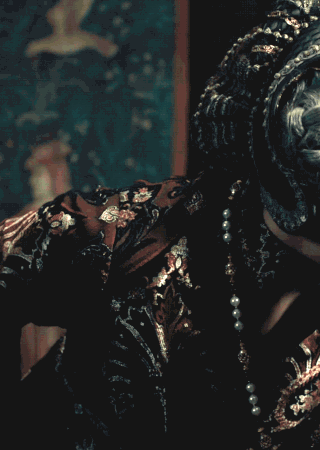
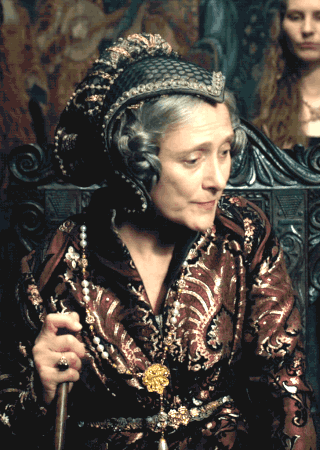


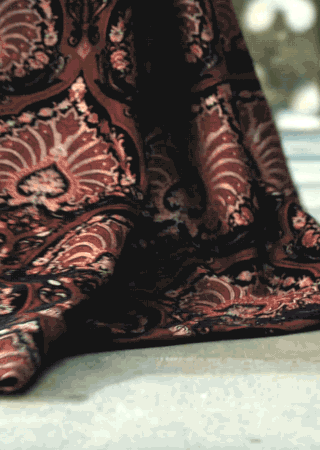

(Almost) Every Costume Per Episode + Duchess Cecily's black gown with red and black print in 1x02,4
#The White Princess#TheWhitePrincessEdit#weloveperioddrama#perioddramaedit#period drama#historical drama#Duchess Cecily#Cecily Neville#TWP 1x02#The Pretender#costumeedit#costumes#costume drama#Almost Every Costume Per Episode#Awkward-Sultana
29 notes
·
View notes
Text
The craziest thing in The White Princess is that Duchess Cecily suddenly cares about her grandchildren by Elizabeth Woodville as though she were not gleeful at the thought of them becoming illegitimate in The White Queen.
9 notes
·
View notes
Photo
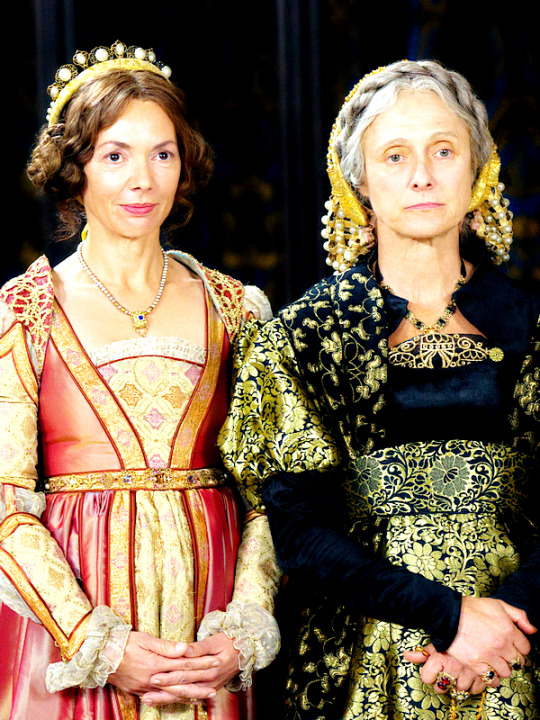
#the white princess#twpedit#perioddramaedit#Joanne Whalley#caroline goodall#margaret of york#cecily neville#my edits#stills
43 notes
·
View notes
Text
Annie Garthwaite's 'Cecily' Optioned for TV
‘Cecily‘, a novel by author Annie Garthwaite about the life of Richard III and Edward IV‘s mother has been optioned for TV by Just John Films, a newly launched company headed by actors Kate Phillips, Amber Anderson and Rosie Day, who have appeared in such shows as Peaky Blinders, Good Omens, Black Mirror and Outlander. It is their first production.
This is great news–finally a TV show set during…

View On WordPress
#amber anderson#annie garthwaite#Cecily Neville#just john films#katie phillips#Philippa Gregory#Richard III#richard my richard#rosie day#television programmes#Wars of the Roses
7 notes
·
View notes
Text

Hello dear ladies and gentlemen, I am new on Tumblr and I have quite a prolonged desire to create historical content, where I can share information, personal theories and attitudes toward specific historical characters and events or analysis of period daramas about them, how accurately they are portrayed,how close is costume design to fashion of their respective timeline, etc. I have particularl interest towards female figures in history therefore one of my preferred thematics are:
1. The wars of roses
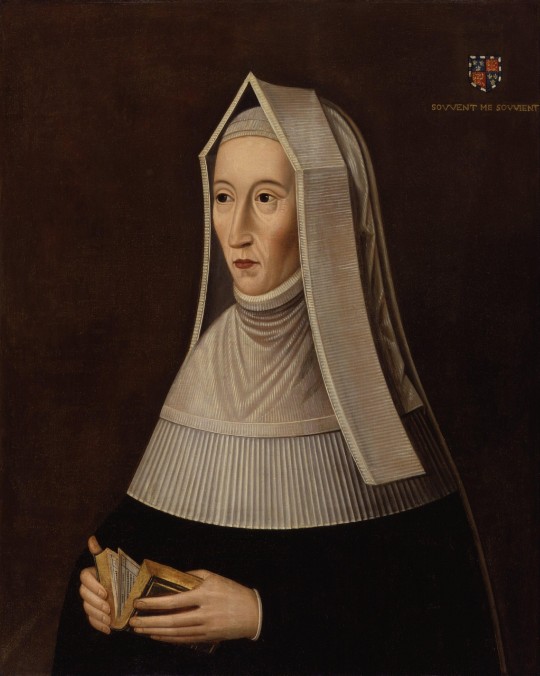
2. English reformation

3. French wars of religion

4. Sultanate of women

I was kind of History nerd since childhood and gathered some information about this time periods and all those fascinating participants ( especially women),explore controversial events and form my own perspective of it,but I really ever had opportunity to share it with someone, so I have decided to write posts on Tumblr. Here is where I need your help, I am kind of weak in names. I really want my content to become readable and popular, where people would be able to express their own opinions, ask questions and simply enjoy reading it and first step to gather such audience is creating name,which is again my weak spot. So can you help my find some interesting and eye catching name for my blogs?
P.S I will just leave list of my favourite historical figures here😅:
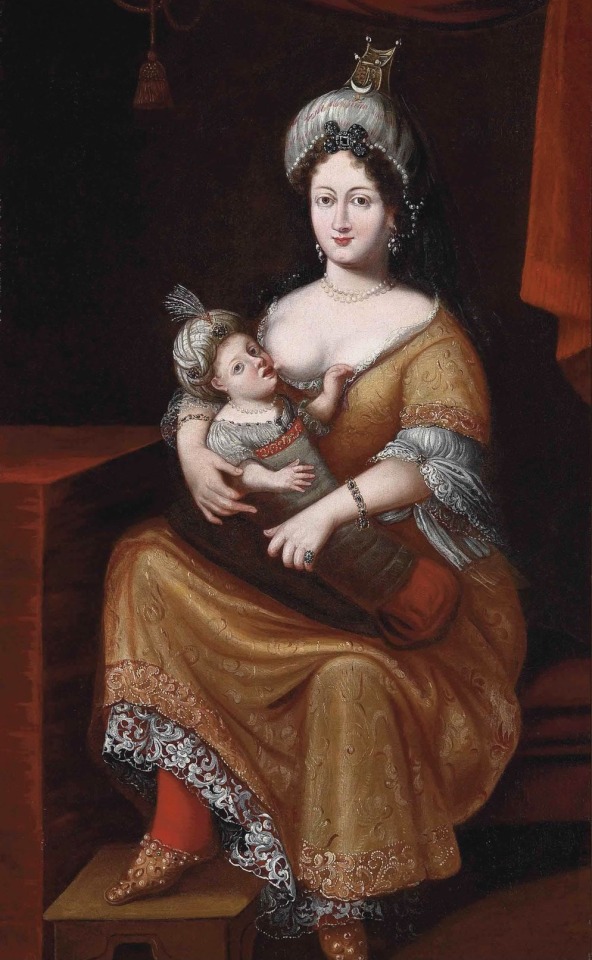


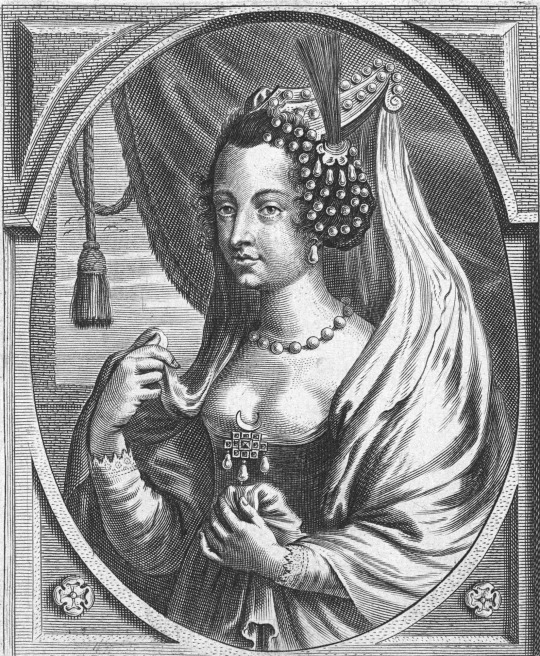

#sultanate of women#ottoman history#history#hurrem sultan#nurbanu sultan#kosem sultan#anne boleyn#turhan sultan#eleanor of aquitaine#margaret beaufort#elizabeth tudor#histiryedit#catherine de medici#French wars of religion#english reformation#the wars of the roses#Cecily neville
36 notes
·
View notes
Photo




— 2 October 1452, Richard III is born
The last member of the house of York to sit upon the throne of England, in his lifetime Richard III seems to have been chiefly famous for his loyalty and good service to his elder brother, King Edward IV. However, after his own government was overthrown by a usurper with French support, but no valid claim to the English crown, Richard became famous chiefly for his heavily blackened reputation. This was by no means a unique event. Rewriting of history has occurred on other occasions in the wake of a violent change of regime.
— John Ashdown-Hill
#richard iii#historyedit#history#perioddramaedit#wars of the roses#english history#house of york#perioddramasource#gifshistorical#periodedit#periodedits#userstream#medieval#medieval history#tom hiddleston#fancast#richard duke of york#cecily neville#edward iv#my edit#look how they massacred my boy richard iii
94 notes
·
View notes
Note
I think it's interesting that people love mentioning the unevidenced assumption that EoY and Margaret Beaufort didn't get along, or that Margaret dominated her, despite all evidence suggesting mutual cooperation ... but very rarely discuss how Cecily Neville's actions (or deliberate inaction) seemed to have caused genuine damage to her own daughter-in-law's wellbeing? I don't say this to condemn Cecily (I mean, she's a centuries old historical figure and not my friend/enemy), but it does seem pretty damning, imo? During Elizabeth Woodville's two great crises, where she had to flee to sanctuary and was utterly dependent on the mercy and generosity of others (and heavily pregnant during one of them) Cecily does not appear to have done anything to help her. In the first instance, i remember reading in J.L Laynesmith's book that if was Anne Neville duchess of Buckingham who loaned Elizabeth 100 marks after Edward fled to Burgundy, and it was only after Edward had returned did Elizabeth and her children lodge with Cecily. There's no indication of any aid of support before that. And in the second instance, she appears to have have to have supported/accepted/played an active role in the ascension of Richard III, while Elizabeth and her children, Cecily's own grandchildren, were utterly stranded, humiliated and in the Princes' cases, ripped away from their mother. Nor was there any specifically recorded instance of cordial relations and cooperation between the two during Elizabeth's queenship, unlike her communication with Anne Neville, or Elizabeth of York and Margaret Beaufort's coordination. Considering Elizabeth Woodville seems to have been on decent terms with most of the other women from Edward's family, it's doubtful that this lack of rapport came from her end. She doesn't seem to have been thrilled with E4 and Elizabeth's marriage, either.
Of course, the situations were probably different. Margaret played a vital role at court, while Cecily seems to have been more of a visitor, certainly after Edward's marriage. She clearly possessed lots of influence in the early years of his reign and was clearly close to him on a personal level, but there's no instance of her playing an important political role like Margaret did. It may have been her choice, or a result of friction, or a prioritization of Elizabeth Woodville as queen, but either way, it didn't result in dual influence like Elizabeth of York and Margaret Beaufort. And any negative effect she may have had on Elizabeth Woodville occurred in the absence/after the death of Edward IV rather than Margaret's wrongly presumed effect during her son's reign.
I'm not saying this to demonize any historical women or do start a "who was the worst mother in law" discourse or anything like that lmao. I just find it strange that it's MARGARET of all women who is targeted for her alleged behavior with her daughter-in-law despite all evidence pointing to the contrary when Cecily's actions/inactions which did legitimately cause immense harm to hers are pretty glossed over.
Hello, anon! Honestly, I don't have much to contribute to the discussion because I haven't read much on Cecily Neville (have kept an eye on Laynesmith's biography but haven't got a chance ££ to acquire it). There's certainly a distinct lack of evidence of cooperation/goodwill between Cecily and her daughter-in-law. I wonder if it's simply the case that letters/records/expressions of goodwill were lost? Thanks to surviving letters we know that Cecily tried to maintain cordial relations even with Margaret of Anjou before everything went down between her husband and Henry VI.
Besides the occasions you pointed out where Cecily remained distinctly unhelpful to Elizabeth (it comes to mind Elizabeth of York seeking refuge with Margaret Beaufort before they went together to the Tower during the Cornish rebellion of 1497), it seems like Cecily didn't attend Elizabeth Woodville's coronation, and again, Margaret Beaufort attended Elizabeth of York's. It is intriguing to me, though I wonder if it was some kind of protocol that dictated that past queens couldn't attend a new queen's coronation in the same vein that kings didn't attend a new king's coronation (though in theory, they would be dead etc); Cecily wasn't a queen although she did call herself the wife of the rightful heir of the crown: still, even if she considered herself (and was treated as) a queen, she had not been anointed and it's hard to pinpoint why protocol would forbid her attendance.
It's not the only royal ceremony where her absence is evident. She's not mentioned in the reburial procedures of her husband that gave him a quasi-kingly funeral, and presumably, that had nothing to do with Elizabeth Woodville, though Elizabeth was present and was one of the few women who made an offer during the funeral. I wonder if she disliked the spotlight? Though before Edward IV's marriage, Italian ambassadors reported she commanded much in the kingdom, and then it seems she pulled back from being closely associated with her son's regime. To be honest, those rumours Mancini repeated, saying Cecily was so offended at Edward's marriage she was ready to denounce him as a bastard, I wonder if they have some kernel of truth — not that she proclaimed herself as an adulteress, I don't believe her sense of integrity would allow her to debase herself like that, but I wonder if she publicly showed herself to be so resentful it gave way to rumours.
It's hard for me to pinpoint the extent of Cecily's support to her son Richard so it's hard for me to say if Cecily directly caused harm to her daughter-in-law but she certainly seems to have done... nothing to help her. So yeah, it's frustrating that Margaret Beaufort gets the bad mother-in-law reputation when not only do we have several instances where she and Elizabeth of York cooperated, we have evidence of Margaret caring for her daughter-in-law's wellbeing, from her letter wishing Elizabeth a speedy recovery to the rewards she gave Elizabeth's midwives after what had been anticipated as a particularly difficult labour.
30 notes
·
View notes
Text
TWQ 10th Anniversary
THE WHITE QUEEN 10-Year Anniversary Week
->Favorite Villain




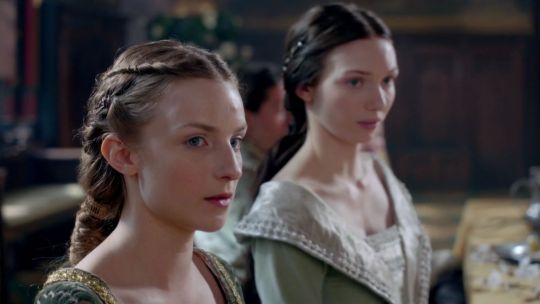
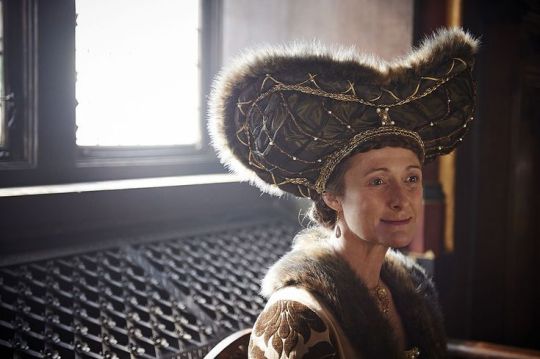
In the midst of playing fast and loose with known historical facts, its wild costuming decisions, and some deeply questionable narrative choices, the one thing that stood out in The White Queen was the portrayal of its central cast of characters, all women, cast in various shades of grey, caught somewhere between damsel in distress and femme fatale. Not especially heroic, they were nevertheless complex and layered. In protecting what was important to them (their children), they strayed far from what tradition requires of heroines: to be pure, good-natured, ethical. Indeed, their behavior often called into question what it means to be a heroine. They were all villains!
Or were they? What if they were just victims of this story's ultimate and invincible villain, Fortune's Wheel?
“Fortune's wheel takes you very high and then throws you very low, and there is nothing you can do but face the turn of it with courage.”
#twq10#the white queen#of mothers and daughters#historical shenanigans#jacquetta of luxembourg#elizabeth woodville#nan beauchamp#margaret beaufort#margaret of anjou#cecily neville#isabel neville#anne neville
7 notes
·
View notes
Text
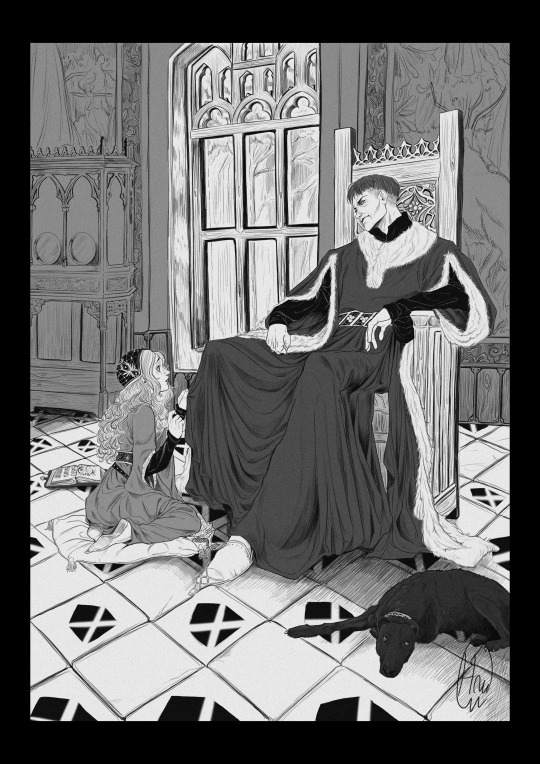
Cecily Neville and her father, Ralph.
That's it. That's all the description I can do before I pass out.
#the wars of the roses#15th century#art#character design#sketch#drawing#cecily neville#ralph neville earl of westmorland#medieval#historical art#historical fiction#digital artwork#richard duke of york#hundred years war#humphrey duke of gloucester#john duke of bedford#neville#joan beaufort#father and daughter#artist on tumblr#edward iv#elizabeth woodville#oc artist#middle ages#british history#elizabeth of york#nobility#isabel neville#richard iii#henry vi
65 notes
·
View notes
Note
what did cicely neville do in edward iv's reign?
Hi! Cecily’s entire role during Edward IV’s reign is too long and complex to fully get into right now, so this is just going to be a very brief overview. It’s also not going to touch on her relationship with her daughter-in-law Elizabeth, even though that's somewhat relevant here in some aspects, because that’s also too complex and speculatory.
Ironically, despite the Duke of York’s claims to kingship, it was only after his death and during her widowhood that Cecily Neville truly emerged as a “quasi-queen”. After her son Edward IV had been acclaimed as King in London, and before he left for Towton with the other lords, he summoned the mayor and “all the notables of London” to gather and “recommended them to the duchess his mother”. During his absence, Cecily would preside over his household in Baynard Castle and was probably meant to act as his representative of sorts in the city. After his kingship was more firmly established, Cecily primarily resided at Westminster with him from 1461-64 and regularly accompanied him on several ceremonial and political occasions, such as their visit to Canterbury where she was magnificently welcomed. She also appears to have had a great deal of personal and political influence with her son: Nicholas O’Flanagan, the contemporary Bishop of Elpin, observed in the first few years of Edward IV's reign, his mother could “rule the king as she pleases.”
Cecily’s role demonstrably changed after Edward’s marriage to Elizabeth Woodville in 1464. She remained the second-highest ranked woman in the country, but she took a significant step back from high politics (a la Joan of Kent after her son’s marriage to Anne of Bohemia). That does not mean that either of them suddenly became apolitical or uninvolved: quite the opposite*. Cecily remained the head of a large household, her administration supported her son’s, she continued to support a few religious institutions, she engaged in trade, she launched court cases, and she clearly inspired loyalty among her affinity. All of this was fairly standard for a medieval noblewoman, but was naturally enhanced by Cecily’s own prominent royal status. Cecily was godmother to at least three of the royal children: Elizabeth of York, her namesake Cecily, and the youngest child, Bridget. She also played a role in reconciling her son George to the Yorkist cause in 1471, though she did not have the spearheading role which has often been erroneously credited to her by historians (ie: “engineering peace between her warring sons”); instead, it was her daughters Anne and Margaret who took the leading role in achieving the reconciliation, while Cecily probably aided them. She was also clearly perceived to be influential with Edward IV, best evidenced by how the mayors of Norwich petitioned her to aid them against the Duke of Suffolk in 1480, though we don’t actually know the result of Cecily’s intervention to judge whether it succeeded or how effective it was**. Regardless, though, she evidently had a much lower national profile during these years.
(On a more personal level, we also have a very sweet anecdote from Elizabeth Stonor who spoke of a meeting between Cecily and Edward in October 1476 at Greenwich: 'and ther I sawe the metyng betwyne the Kynge and my ladye his Modyr. And trewly me thowght it was a very good syght’.)
Cecily’s numerous titles are also interesting. Immediately after Edward IV’s ascension, she called herself “the Kyngs Moder, Duchess of York”. Variations of the title included references to her late husband, but she primarily defined herself in relation to her son, through whom her current position and power derived. As Laynesmith says: "narrative accounts, particularly chronicles, had naturally used the phrase ‘the king’s mother’ to describe women in the past, especially Joan of Kent. However, it was Cecily who turned this into a specific title in her letters and on her seals." A few months after Edward's marriage was announced, Cecily adopted a new title, now styling herself as: “By the ryghtful enheritors Wyffe late of the Regne off Englande & of Fraunce & off ye lordschyppe off yrlonde, the kynges mowder ye Duchesse of Yorke.” This referenced the Yorkist perception of her husband, Richard Duke of York, who was called the "true and indubitable heir" of England. In 1477, a herald for the wedding of her grandson Richard of Shrewsbury styled Cecily as “the right high and excellent Princesse and Queene of right, Cicelie, Mother to the Kinge”. This was once again linked to her husband’s status: Cecily described him in her letters as “in right King of England and of France and lord of Ireland”. All in all, Cecily’s various designations appear to have been designed to signify her own importance within the regime, to uphold the claim of her late husband, and to strengthen Edward IV’s position by promoting him as the son of the supposedly rightful heir. It’s also very possible, as Laynesmith has suggested, that “it was as her queenly power diminished [after the early 1460s] that her claims to queenship were more elaborately emphasized in wax and on parchment”.
Cecily’s role and prominence, and how it changed overtime, is best demonstrated by the number of times English subjects offered prayers for her soul in return for grants. Between June 1461 and September 1464, there are twelve instances of grants made to people who offered prayers for her. (To compare, during the first three years of Elizabeth Woodville's queenship, there were sixteen grants of the same type. So, Cecily didn't quite reach the level of the queen, but she came close; it was quintessential "quasi-queenship"). However, mentions of Cecily dramatically deceased following Edward IV's marriage: over the next 19 years till 1483, she is only mentioned five times, and in all cases Elizabeth Woodville was also listed before she was. Three of these mentions are in 1465, likely reflecting contemporary unease with her son's controversial marriage and the perceived unsuitable origins of the new queen. After that, however, Cecily is mentioned only twice: once in 1476 and once in 1481, with the latter being a grant to her own son-in-law Thomas St. Leger***. This fits well with what I mentioned above about her quasi-queenship in the early 1460s, followed by a much more reduced role and lower national profile in the future years.
Hope this helps!
*Oddly, Cecily is not mentioned at all in contemporary reports for her daughter Margaret’s wedding. Laynesmith believes that she was unwell, and that may as well be true, but Margaret's celebrations went on for a great period of time and it does seem conspicuous that Cecily was entirely absent from them all. It's also worth noting that a letter from the Milanese ambassador Giovanni Pietro Panicharolla on the marriage wrote that "the king, the queen, her father, and the king's brothers are all disposed to it" (sidenote: it's VERY interesting that the queen's father is mentioned before the king's own brothers and male heirs) but made no mention of Cecily. Nor, iirc, was she mentioned in the tournament held to celebrate Anglo-Burgundian relations. It does clearly seem as though Cecily did not play a notable role in the marriage, and relevant diplomacy, at all. (Laynesmith's claim that Cecily had "helped lay the ground for" the marriage because she *checks notes* dispatched both her sons to Burgundy in middle of a civil war 7 years earlier, with many fluctuations in Anglo-Burgundian relations in between, is, I'm sorry to say, nonsense).
** Laynesmith believes that "Cecily’s intervention to control Suffolk perhaps marked a turning point in the duke’s violent career because when he resorted to force again the following summer his victim successfully reclaimed the manor from which he had personally ejected her." I think that Laynesmith is being far too assumptive and that we don’t even know the result of Cecily’s intervention in 1480 to somehow credit her with entirely different case one year later that did not even involve her, lol.
***Even more oddly, Cecily’s own son Richard didn’t include her among the list for who to offer prayers for in his college in Middleham in 1478. This was despite the fact that he had included Edward IV, Elizabeth Woodville, his wife Anne, his sisters, his dead brothers and his dead father. It’s incredibly striking, and I wonder what could have happened to cause her exclusion, especially since she was included in religious foundations by both Edward and her son-in-law Thomas St. Leger? Laynesmith claims that "this rather suggests that Richard's own piety was not consciously influenced by hers", and sure, that seems obvious, but it certainly can't have been the only reason. Was she merely overlooked (unlikely), or did they have a quarrel at the time, or was it for another now-unknown reason? Whatever the case, it's a small but intriguing detail to me.
Sources:
"Cecily, Duchess of York" by J.L. Laynesmith
"A Paper Crown: The Titles and Seals of Cecily, Duchess of York" by J.L. Laynesmith (The Ricardian)
"Cecily Neville: Mother of Kings" by Amy License
26 notes
·
View notes
Note
I'm curious. When George of Clarence was executed, did his relatives plead with the king? For example, doesn't Cecily Neville love him very much?
I think it's fairly certain that Cecily pleaded for him and possibly Margaret of Burgundy. I am unsure about Gloucester and the other Plantagenets, though. Clarence really screwed up by showing how erratic and isolated he was.
3 notes
·
View notes
Text


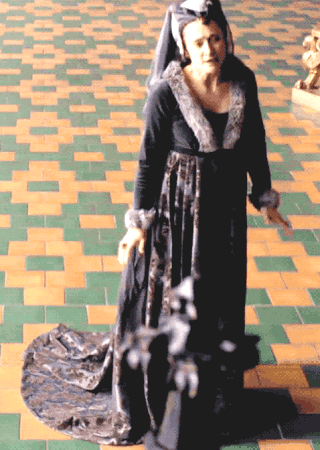
(Almost) Every Costume Per Episode + Cecily Neville's blue and purple gown with silver fur trim in 1x07
#The White Queen#TheWhiteQueenEdit#weloveperioddrama#perioddramaedit#period drama#historical drama#Cecily Neville#Poison and Malmsey Wine#costumeedit#costumes#costume drama#Almost Every Costume Per Episode#Awkward-Sultana
23 notes
·
View notes